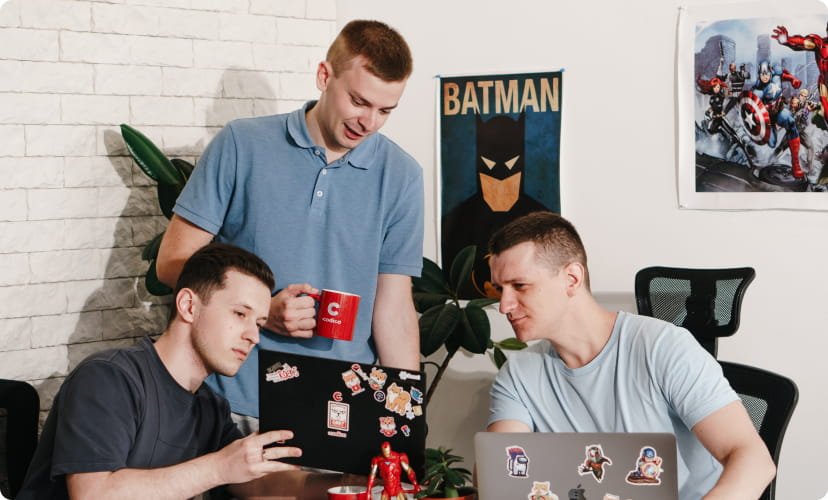Ruby on Rails Developer
We are looking for a Ruby on Rails developer with up to 2 year of commercial experience to join us in building large-scale projects.
If you appreciate logical solutions, value clean code, and want to work on products that improve people’s lives - we want to hear from you!
We are seeking a Ruby on Rails Engineer, but not a complete beginner - we need someone with a solid foundation, who understands development principles and is eager to grow quickly within a supportive team.
Work format: Fully remote.
Who we are:
Codica is an IT company that has been creating complex web solutions for the past 10 years, including marketplaces, SaaS products, and mobile applications from scratch. We focus on quality, and thousands of users worldwide rely on our solutions every day.
What you’ll do:
- Participate in all stages of the software development lifecycle, from planning to release.
- Develop new features that meet project needs.
- Maintain and optimize existing functionality for better performance.
- Integrate external services and work with APIs (both creation and integration).
- Contribute to technical discussions and architectural decisions.
- Ensure high code quality through test coverage and code reviews.
Technologies we work with:
- Backend: Ruby 3.3+, Rails 7+, PostgreSQL, Redis, ElasticSearch, Node.js/Nest.js.
- Frontend: React, TypeScript, Next.js.
- Mobile Development: React Native.
- All projects are Dockerized, which helps avoid installing additional dependencies for each project.
What we expect from you:
- Basic (or higher) experience with Ruby.
- Experience in building web applications using Ruby on Rails.
- Familiarity with API development is a plus.
- Understanding of web technologies (HTTP request methods, API, HTML/CSS).
- Basic knowledge of databases (Active Record, SQL, joins).
- Ability to self-learn, think critically, analyze, and find optimal solutions.
- English level: Intermediate (for reading technical documentation).
What would be a plus?
- Experience with AWS or other cloud services.
- Familiarity with Docker and GitLab CI/CD.
What we offer:
- Mentorship from experienced developers at all stages of project implementation.
- Diverse projects - we don’t stay stuck on a single one.
- Strong engineering culture with systematic code reviews and best practices.
- Transparent and supportive leadership that continuously improves workflows and working conditions.
- Fully remote work, allowing you to work from anywhere.
- A friendly team culture where support and collaboration are key (check out our reviews!).
Ready to join?
We have a test task to better understand each other’s expectations.
Interested? Check out our Ruby Digest on DOU, where we keep track of the latest tech updates!
Email us at job@codica.com
Join a team where your ideas and contributions truly matter!
Send your CV
Our goal is to build high-performing and happy teams.

Meet your team in person






